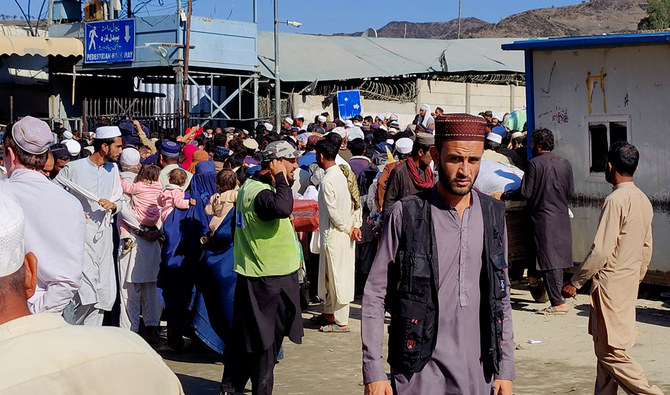Dr. Naveed Elahi
Pakistan
A series of violent attacks in Balochistan and Khyber Pakhtunkhwa has significantly worsened the security situation. These attacks, including the suicide bombing targeting Chinese nationals in Basham, have forced the temporary closure of some project sites.
The Chinese government understands that these attacks are aimed at disrupting the close relationship between Pakistan and China, particularly projects like the Bhasha Dam under the China-Pakistan Economic Corridor (CPEC). Reports suggest that Chinese security officials are collaborating on a joint investigation.
The recent actions of the Taliban government in Afghanistan have further exacerbated the crisis. Security experts recommend a zero-tolerance approach towards those who assist terrorists and a full implementation of the National Security Plan.
Residents of Balochistan and Khyber Pakhtunkhwa’s border districts despise the presence of terrorists and remain loyal to Pakistan. However, it’s crucial to garner their active support against these militants to prevent them from establishing safe havens. Equally important is ensuring that innocent civilians are not harmed during counter-terrorism operations.
Afghanistan:
The past two weeks saw a rise in violence in Afghanistan, with a bomb blast near a Kandahar bank killing three and injuring several others. ISIS-K is suspected to be behind the attack.
Afghan security forces claim to have killed kidnappers during a raid in Kabul and arrested over 12,000 individuals in anti-crime operations across the country in the past six months.
Pakistan-Afghanistan Relations:
Tensions remain high between Pakistan and Afghanistan following a terrorist attack on a Pakistani security complex, Pakistani airstrikes on suspected militant hideouts in Afghanistan, and Afghan attacks on a Pakistani border post.
Both countries briefly closed border crossings after the incidents. Despite Pakistani protests, the Taliban-led Afghan government maintains there are no safe havens for terrorists in their territory.
A recent visit by a Pakistani trade delegation to Kabul offered a glimmer of hope for improved relations through economic cooperation.
Some analysts believe growing economic interests from the US, China, and Russia in the region could further complicate the situation.
India:
Indian Defense Minister Rajnath Singh commented on Pakistani PM Shehbaz Sharif’s remarks on Kashmir, stating that India sees no need for military action as they believe people in Pakistan-administered Kashmir will eventually seek to join India. He also visited Ladakh and reportedly planned a visit to Siachen, which was cancelled due to weather.
India and the US conducted their largest joint naval exercise, “Tiger Triumph-24,” in the Indian Ocean to improve interoperability and counter China’s growing naval influence.
The Indian Air Force is set to hold its biggest air exercise, “Gagan Shakti-24,” showcasing its capabilities in a potential two-front war with China and Pakistan.
This follows other Indian military exercises and comes amid rising tensions with China on both land and sea borders. Analysts suggest these exercises, alongside economic initiatives, are part of the ruling BJP’s strategy to win re-election by appealing to Hindu nationalism.
Russia:
A terrorist attack at Moscow’s Crocus City Hall killed 137 people. Russia arrested the alleged attackers and blamed Ukraine for sponsoring the attack. ISIS-K claimed responsibility, citing Russia’s anti-Muslim policies.
A Moscow court charged four Tajik nationals with the attack. Russia doubts the US claim of ISIS-K involvement, which Western media supports. Some analysts believe Russia may investigate potential links between the attackers and Ukraine.





